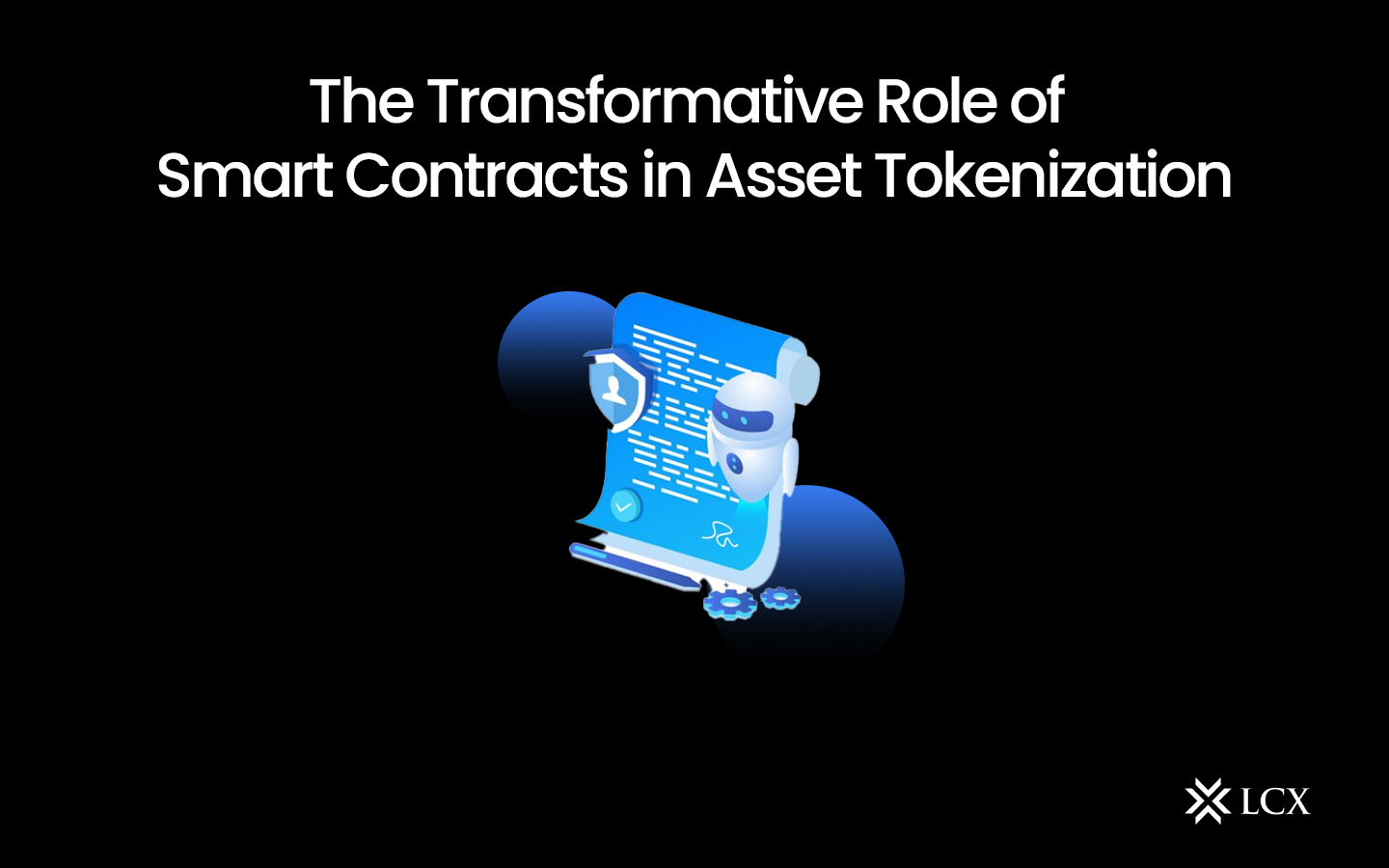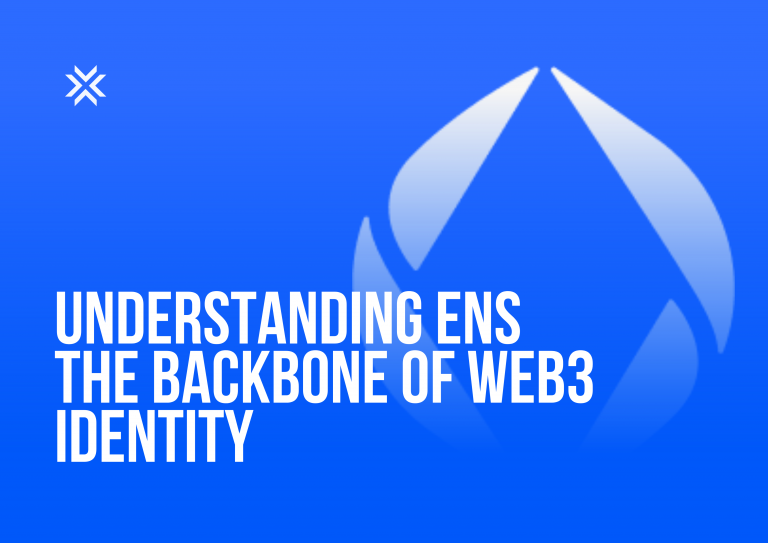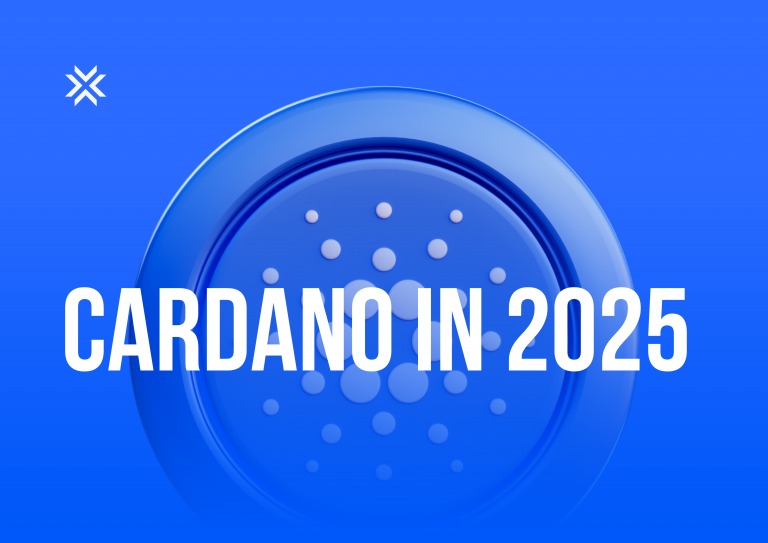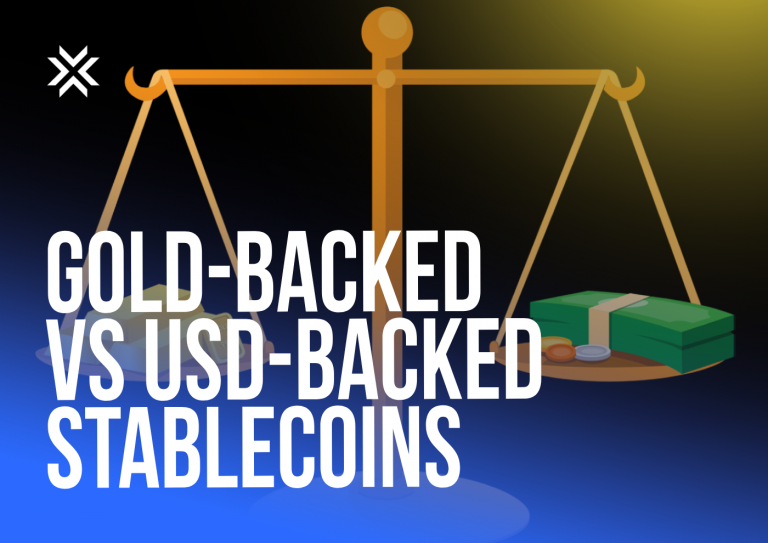The emergence of blockchain technology has transformed the financial landscape, with cryptocurrencies at the forefront. One of the most compelling use cases of blockchain technology is tokenizing real-world assets. By digitally representing physical assets, tokenization opens up opportunities for liquidity, fractional ownership, and enhanced market efficiency. Smart contracts, powered by blockchain networks, play a pivotal role in enabling secure and transparent asset tokenization. In this article, we delve into the details of how smart contracts are shaping the future of asset tokenization.
Understanding Asset Tokenization
Asset tokenization refers to the process of creating digital representations, or tokens, of real-world assets such as real estate, commodities, fine art, intellectual property, and more. These tokens are built on blockchain networks, making them easily tradable, divisible, and verifiable. Tokenization brings several benefits, including increased liquidity, reduced barriers to entry, improved market efficiency, and enhanced transparency.
Smart Contracts: A Brief Overview
At the heart of asset tokenization lies the concept of smart contracts. Smart contracts are self-executing agreements that automatically enforce the terms and conditions of a contract without the need for intermediaries. They are coded on blockchain platforms, typically using languages like Solidity (for Ethereum) or Chaincode (for Hyperledger Fabric), ensuring the immutability and security of the contract logic.
Role of Smart Contracts in Asset Tokenization
Token Creation and Distribution: Smart contracts facilitate the creation and issuance of tokens representing fractional ownership in an asset. These contracts define the rules governing token distribution, supply, and ownership rights. For example, a real estate property can be divided into multiple tokens, representing shares in the property. Smart contracts automate the token creation process, ensuring transparency and accuracy.
Ownership Transfer: Smart contracts enable seamless ownership transfers of tokenized assets. By leveraging the transparency and security of blockchain technology, ownership transfers can be executed efficiently, eliminating the need for intermediaries like brokers or lawyers. The transfer of tokens triggers the transfer of ownership rights, enabling fast and secure transactions.
Compliance and Regulatory Frameworks: Asset tokenization must adhere to legal and regulatory requirements. Smart contracts can embed compliance rules directly into the code, ensuring that all participants comply with relevant regulations. For example, by incorporating know-your-customer (KYC) and anti-money laundering (AML) procedures into smart contracts, tokenized assets can remain compliant throughout their lifecycle.
Automated Asset Management: Smart contracts can automate various aspects of asset management, including dividend distribution, profit-sharing, and governance rights. These contracts define the rules and conditions for managing assets and automatically execute predefined actions based on the agreed-upon parameters. This automation streamlines administrative processes and reduces human error.
Enhanced Transparency and Auditability: Transparency is a key advantage of blockchain technology, and smart contracts leverage this feature in asset tokenization. By recording all transactions and contact details on the blockchain, smart contracts provide an immutable audit trail. This transparency instills trust among participants and allows for efficient auditing and regulatory oversight.
Escrow and Dispute Resolution: Smart contracts can act as escrow agents, holding assets until predefined conditions are met. In the event of a dispute, the code within the smart contract can define the resolution process, thereby reducing the need for costly and time-consuming legal interventions. This feature adds an extra layer of security and trust to tokenized asset transactions.
Fractional Ownership and Liquidity: Tokenization allows for the fractional ownership of assets, enabling smaller investors to participate in markets that were previously inaccessible. Smart contracts facilitate the seamless trading of these fractional tokens, providing enhanced liquidity and opening up new investment opportunities.
Challenges and Considerations
While smart contracts offer significant advantages for asset tokenization, there are challenges and considerations to be aware of. These include:
Code Vulnerabilities: Smart contracts are written by developers and are not immune to coding errors or vulnerabilities. Careful auditing and rigorous testing are crucial to ensure the security and integrity of smart contract logic.
Legal and Regulatory Compliance: Despite the benefits of automation, it is important to ensure that smart contracts comply with applicable legal and regulatory frameworks. Collaboration between legal experts and blockchain developers is necessary to strike the right balance between automation and compliance.
Oracles and External Data: Smart contracts often require external data to execute certain functions. The reliability and security of oracles, that provide this data, must be carefully considered to prevent potential manipulation or inaccuracies.
Conclusion
Smart contracts play a vital role in asset tokenization, revolutionizing the way we perceive and trade real-world assets. By leveraging blockchain technology, smart contracts enable secure, transparent, and efficient transactions, offering fractional ownership and enhanced liquidity. While challenges exist, ongoing advancements and collaborations between legal experts and blockchain developers are paving the way for a future where asset tokenization becomes a mainstream financial practice. With smart contracts as the backbone, the potential for disruption and innovation in the crypto space is immense, heralding a new era of financial inclusion and accessibility.










